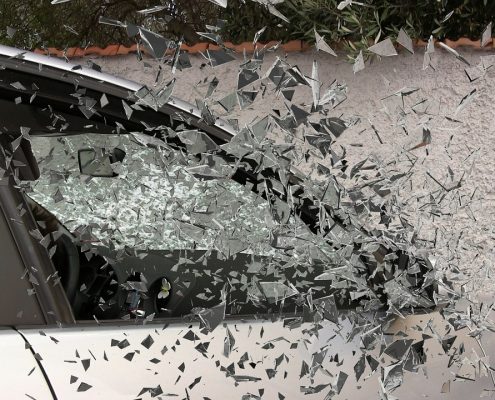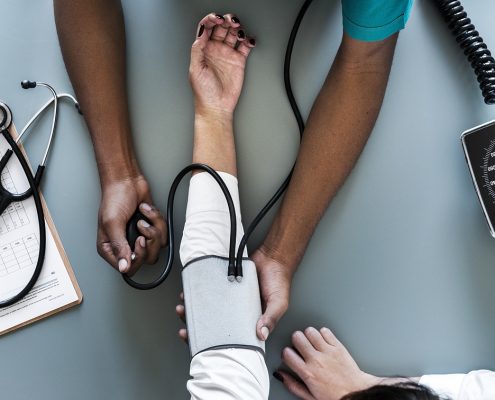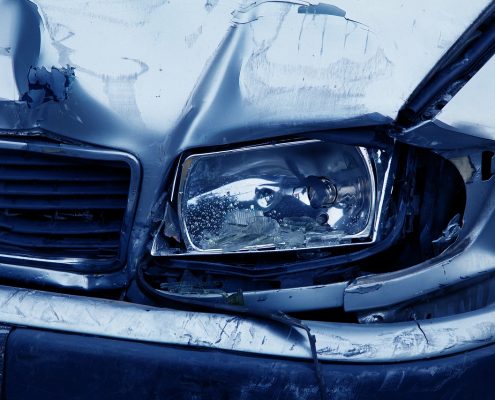
Three Things to do after a Berks County Car Accident
Berks County, Car Accident, Insurance, Personal InjuryIf you've been in a car accident in Berks County, Pennsylvania, there are three things you should consider doing right away. In this video, Attorney David Crossett breaks down immediate steps you should take.
https://www.youtube.com/watch?v=1J9rnqmr4qI
If…

What to do when insurance denies your car accident claim
InsuranceWhen you’re injured in a car accident or a motorcycle crash, one of the most stressful details you will have to deal with is filing an insurance claim. On this blog, we’ve discussed what to do with the medical bills that start piling up.…

Medical Liens
Insurance, Personal InjuryWhen you’ve been in a serious car crash and experienced personal injuries as a result of the accident, one of the most overwhelming problems to manage are the ensuing medical bills that you receive. Regardless of who pays for your medical…

Medical Bills After a Car Accident
InsuranceOne of the biggest stresses that any individual faces after a car accident is mounting medical bills. When you’ve been hurt, whether in a motorcycle accident or a car crash, medical bills can quickly mount. Sometimes, even a simple ambulance…

Insurance after a car accident
Insurance, Personal InjuryAfter a car accident, one of the most difficult things to figure out is whether your insurance or someone else's insurance has to pay for the medical bills you've accumulated. Even if your insurance is paying for your bills, it can be tough…

What To Do If Insurance Denies Your Claim
InsuranceWhen an insurance company denies your claim, what should you do? Should you just accept the insurance claim denial, or should you fight it? Often times, when dealing with an insurance company to whom you have paid premiums for years, it can…
